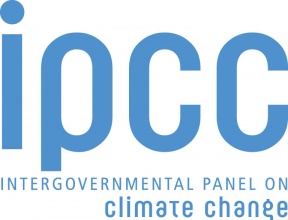The Intergovernmental Panel on Climate Change (IPCC) released its sixth Assessment Report (AR6) during 2021 and 2022. AR6 is one of a series of reports made by the IPCC every five to seven years since 1990. IPCC reports are designed to inform policymakers of the current state of the climate and project future changes. AR6 is based on approximately 14,000 peer-reviewed scientific findings. It can be read at https://www.ipcc.ch/report/ar6 You will find three sections of the report there: scientific findings (August 2021), effects & adaptation (February 2022) and policies & mitigation (April 2022).
We recommend that you start with the “Summary for Policymakers” button and then press “Download Headline Statements” on the page that comes up. If you are interested in details and graphics that form the basis of the summary, download the full summary (SPM). For a discussion and analysis of the IPCC report, take a look at the Earth Negotiations Bulletin reports. The Earth Negotiations Bulletin is a reporting service that follows and reports on major environmental conferences.
COP 27 (the 27th Conference of Parties of the UN Framework Convention on Climate Change) is the annual summit of world leaders. During the first three days of COP 27 in Sharm el Sheik, Egypt, world leaders will present their pledges for emissions reductions and discuss the global climate situation.
When world leaders convene in Sharm el Sheik (or online), they will be matching pledges to keep the world on track to remain at or below a 2-degree (C) temperature increase. The IPCC report will guide that process, as it identifies a number of areas where temperature increases matter and world leaders will be sensitive to those risks, particularly in their own countries. The Paris Agreement (2015) provides that member parties report to COP 26 their plans for reducing emissions. These reports can be measured against the IPCC findings, and if they fall short there will be discussion about how to meet the targets. Some have called this part of the negotiations “shaming,” since individual countries can be identified as falling short. Whether this works to impel more ambition is an open question, but it is the only enforcement mechanism in the Paris Agreement.
For a discussion of IPCC’s history and politics, click here.


No responses yet